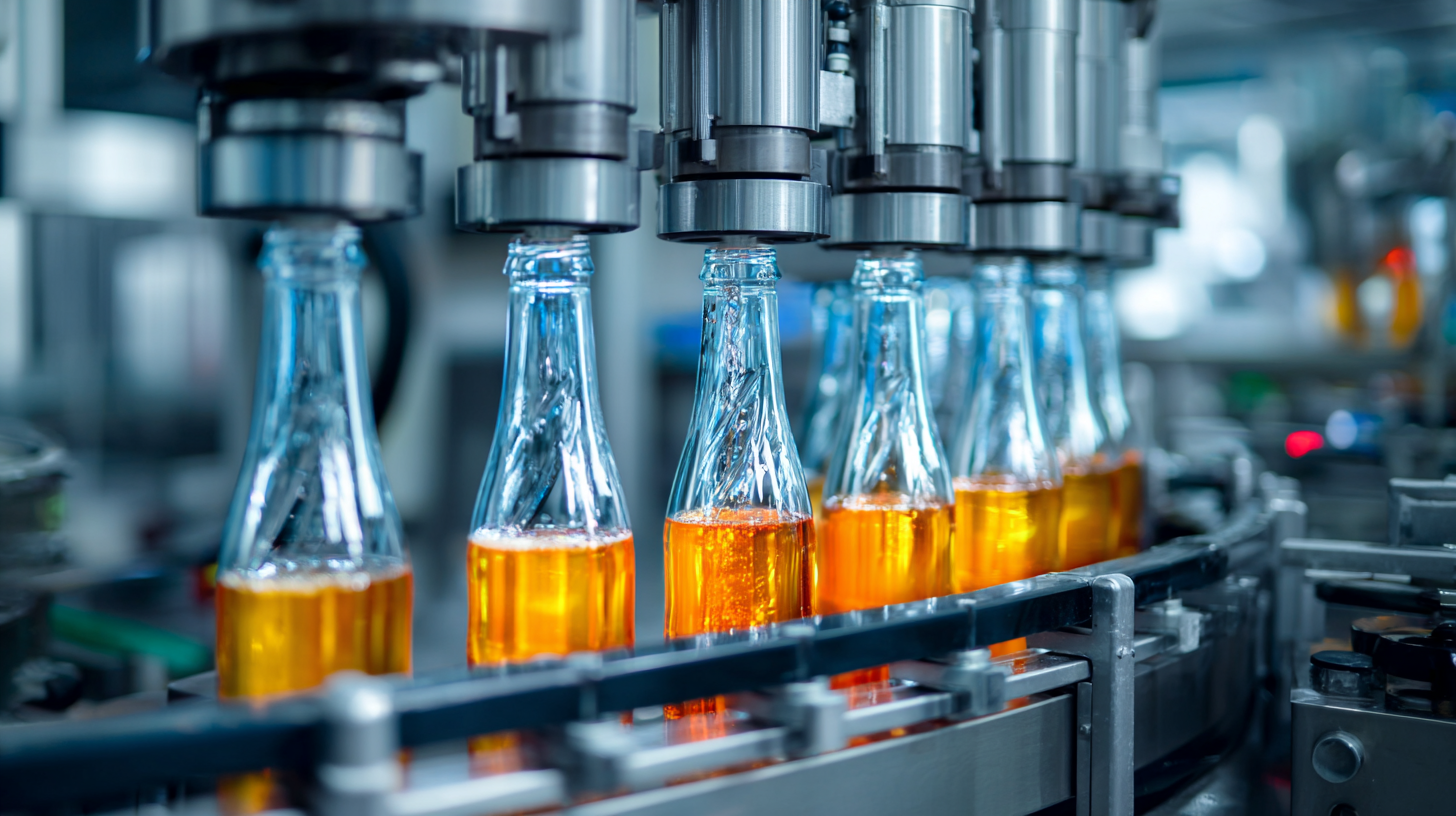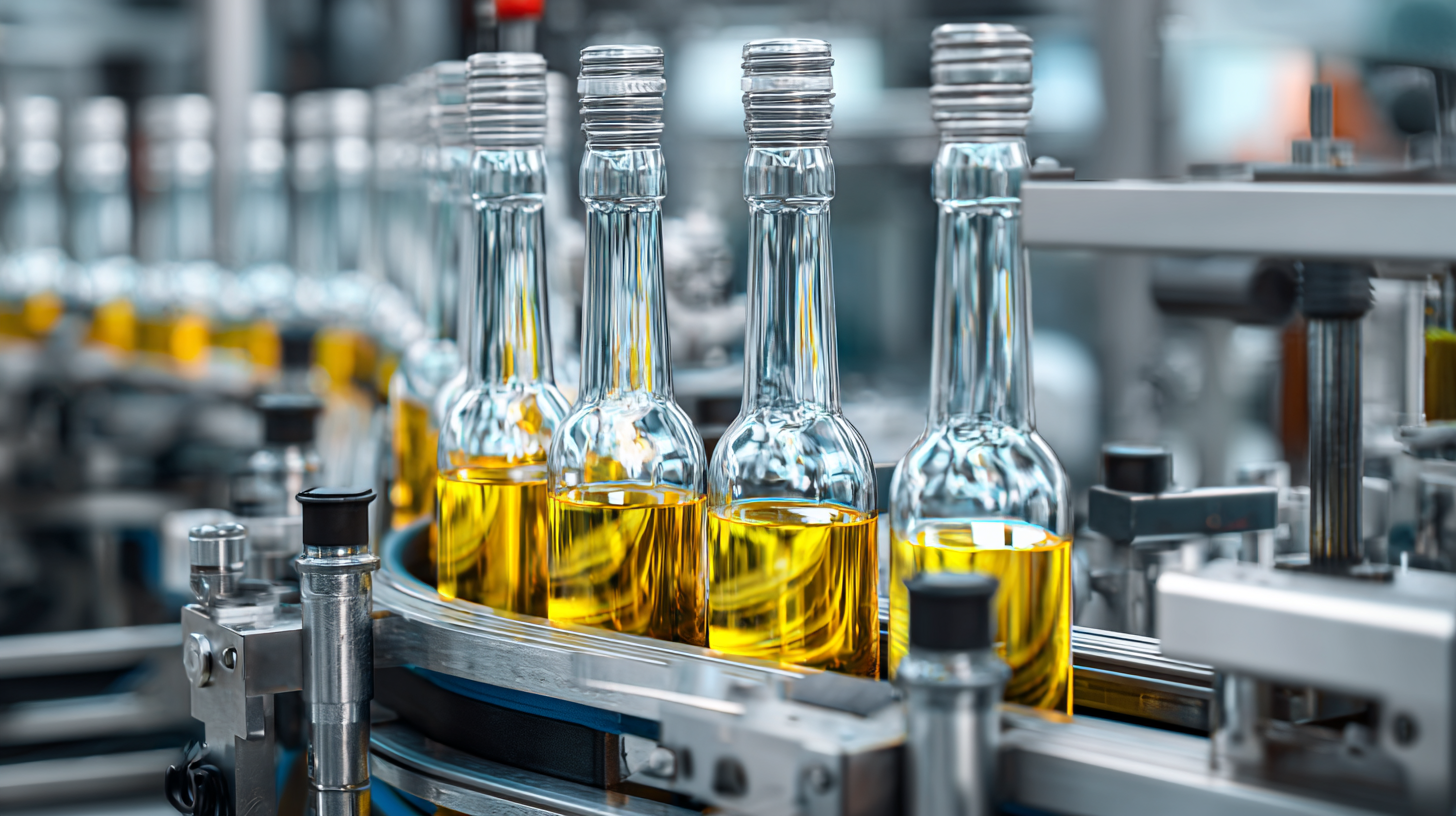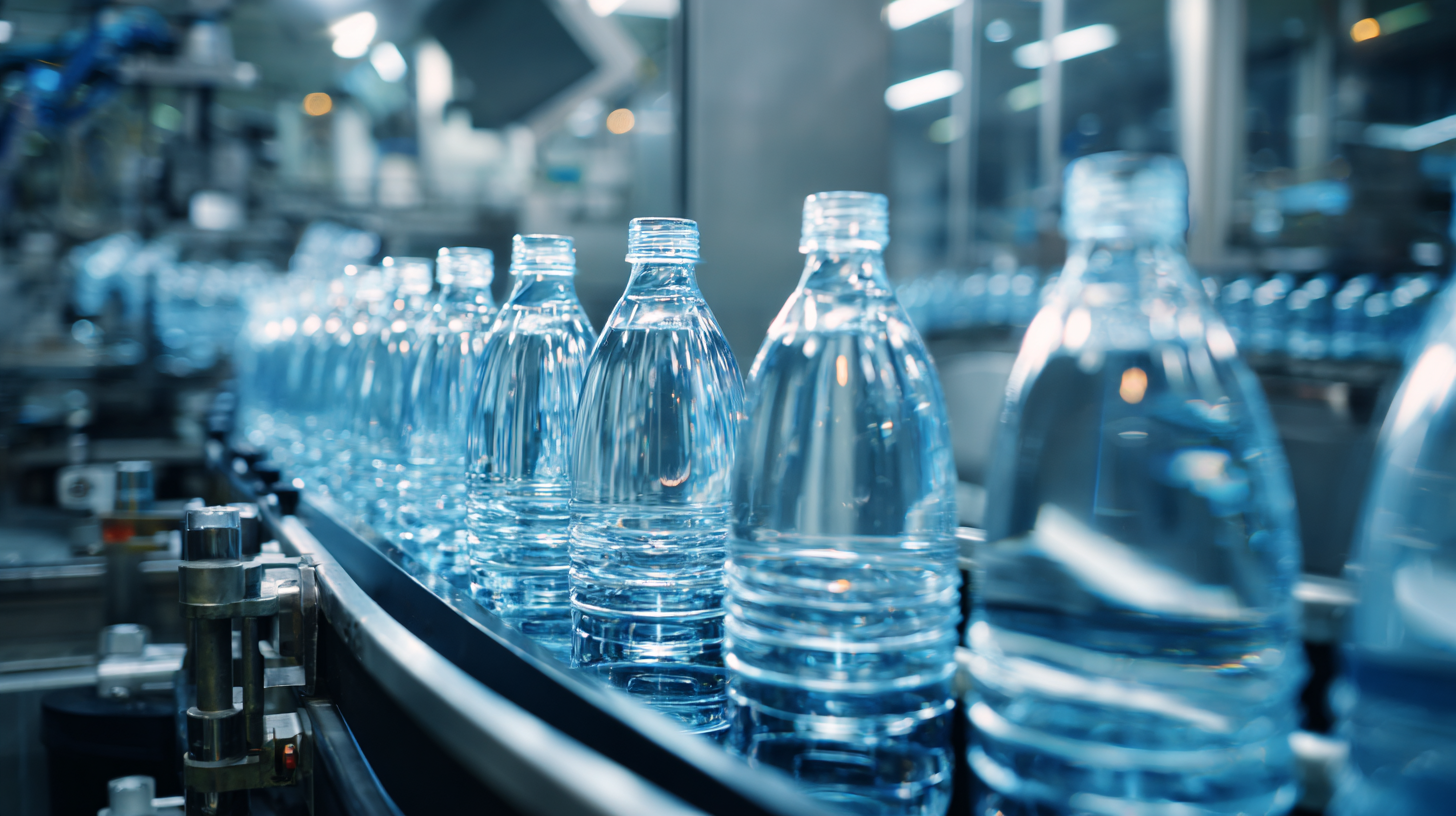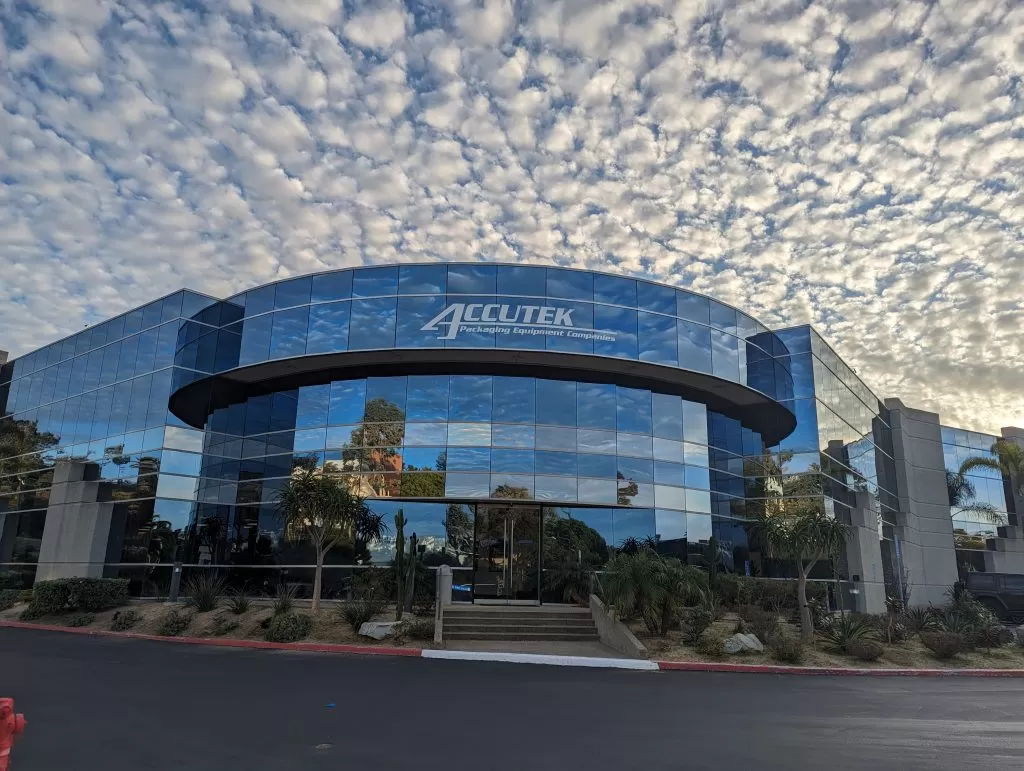In the ever-evolving beverage industry, choosing the right bottling machine is crucial for ensuring compliance with stringent export certification requirements. As reported by the International Bottled Water Association, the bottled water market alone is projected to reach $280 billion by 2025, highlighting the growing demand for high-quality bottling solutions. However, manufacturers face numerous challenges related to industry production standards, including the need for precise machinery that meets both local and international regulations. The complexities surrounding these certification requirements can lead to potential pitfalls, impacting not only production efficiency but also market access. Understanding these factors is essential for businesses seeking to achieve a competitive edge while navigating the labyrinth of compliance in their bottling processes.

When selecting bottling machines for export, understanding the basics of export certification is crucial. These certifications ensure that machinery meets international standards for safety, efficiency, and quality. According to a report by Research and Markets, the global bottling equipment market is expected to reach $10.9 billion by 2026, with an increasing emphasis on compliance with international regulations. This highlights the importance of familiarizing oneself with the various certifications required in target markets.
**Tip:** Always check the specific certification criteria for each country you plan to export to. For instance, CE marking is essential in Europe, while UL certification is often required in North America. Each certification signifies adherence to distinct safety and quality standards, which can substantially affect market access.
Another key aspect is to stay updated on evolving regulations. Compliance is not static; organizations like the International Organization for Standardization (ISO) continuously revise their standards. A recent survey indicated that 75% of companies faced challenges keeping up with regulatory changes.
**Tip:** Implement a robust compliance tracking system to monitor certification requirements regularly. This can prevent costly delays or re-certifications and help maintain your business' competitive edge in the market.
Exporting products requires adherence to various certification requirements that can significantly impact businesses, especially in highly regulated industries. Complying with these export regulations not only ensures legality but also fosters a sense of trust with international partners and customers. The key benefits of such compliance include smoother entry into foreign markets, reduced risk of fines and penalties, and enhanced reputation. Businesses that prioritize understanding and implementing export certification requirements are better positioned to navigate complex international trade landscapes.
Moreover, as global market dynamics evolve, the introduction of export restrictions and regulations can reshape strategies for many companies. Firms must stay informed about changes in compliance requirements, such as e-invoicing under GST for B2B transactions, to maintain operational efficiency. A proactive approach to compliance not only shields companies from legal repercussions but also streamlines their supply chains, ultimately leading to more competitive market positioning. In today's environment, where sanctions and trade regulations are continually changing, investing in a robust compliance framework is not just recommended—it’s essential for sustainable growth.

When choosing the right bottling machine for your business, there are several key features to consider that can significantly impact efficiency and productivity. First and foremost, the machine's capacity is crucial; selecting a model that aligns with your production scale ensures that you can meet market demands without sacrificing quality. Additionally, look for machines that offer versatility in handling different bottle sizes and materials, as this flexibility can save costs and space in your production line.
Another vital aspect is the machine's automation level. High automation can streamline operations, reducing labor costs and minimizing human error in the bottling process. Features such as advanced sensors and smart technology can enhance precision in filling and labeling, which is essential for maintaining consistent product quality. Lastly, consider sustainability features, as more businesses transition towards eco-friendly practices. Machines that prioritize energy efficiency and materials recycling not only contribute to a sustainable future but can also appeal to an increasingly environmentally-conscious consumer base.
When selecting a bottling machine, businesses often face the challenge of balancing cost-effectiveness with the necessary quality and compliance standards. Understanding export certification requirements can be daunting, yet it is essential for ensuring that your products meet not only local regulations but also international standards. By prioritizing machines that are certified and compliant, businesses can avoid costly penalties and ensure market access.
Investing in the right bottling machinery doesn’t have to break the bank. Manufacturers are increasingly offering cost-effective solutions that do not compromise on quality. Innovations in technology have led to the development of efficient bottling systems that automate processes while adhering to compliance standards. Companies can explore options such as modular bottling lines that allow for scalability and flexibility, meaning they can start with a lower investment and expand as demand increases. This strategic approach not only minimizes initial costs but also enhances production quality and compliance, setting businesses up for long-term success in the competitive export market.
| Machine Type | Cost ($) | Certification Required | Production Capacity (bottles/hour) | Quality Rating |
|---|---|---|---|---|
| Semi-Automatic Bottling Machine | 5,000 | ISO 9001 | 800 | 4.2/5 |
| Fully Automatic Bottling Machine | 15,000 | HACCP | 2,500 | 4.7/5 |
| Manual Bottling Machine | 2,500 | None | 200 | 3.5/5 |
| Compact Bottling Machine | 8,000 | CE Certification | 1,000 | 4.0/5 |
| High-Speed Bottling Machine | 25,000 | FDA Approval | 5,000 | 4.9/5 |
When it comes to exporting products, understanding certification requirements is crucial for businesses looking to thrive in the global market. Streamlining these export processes can significantly enhance operational efficiency and reduce time to market. For companies in the bottling industry, navigating the maze of certification can be daunting, but effective strategies can simplify the journey. By automating documentation and employing specialized software to track compliance, businesses can ensure they meet international standards without excessive manual labor.

Additionally, collaborating with local authorities and tapping into resources provided by trade organizations can further smooth the path. Businesses should also prioritize training their teams on export regulations and necessary certifications, which not only empowers employees but also fosters a culture of compliance. This proactive approach not only mitigates the risk of delays and potential fines but also builds a reputation for reliability among partners and clients. By adopting these streamlined export processes, companies can focus more on innovation and growth rather than getting bogged down by paperwork.
Accutek Packaging Equipment Companies, Inc. stands as one of the premier privately owned packaging machinery manufacturers in the United States.

Sign up for all the news about our latest arrivals